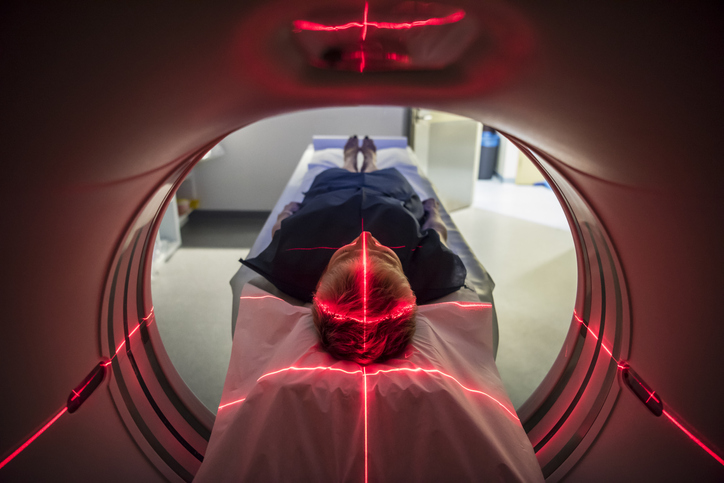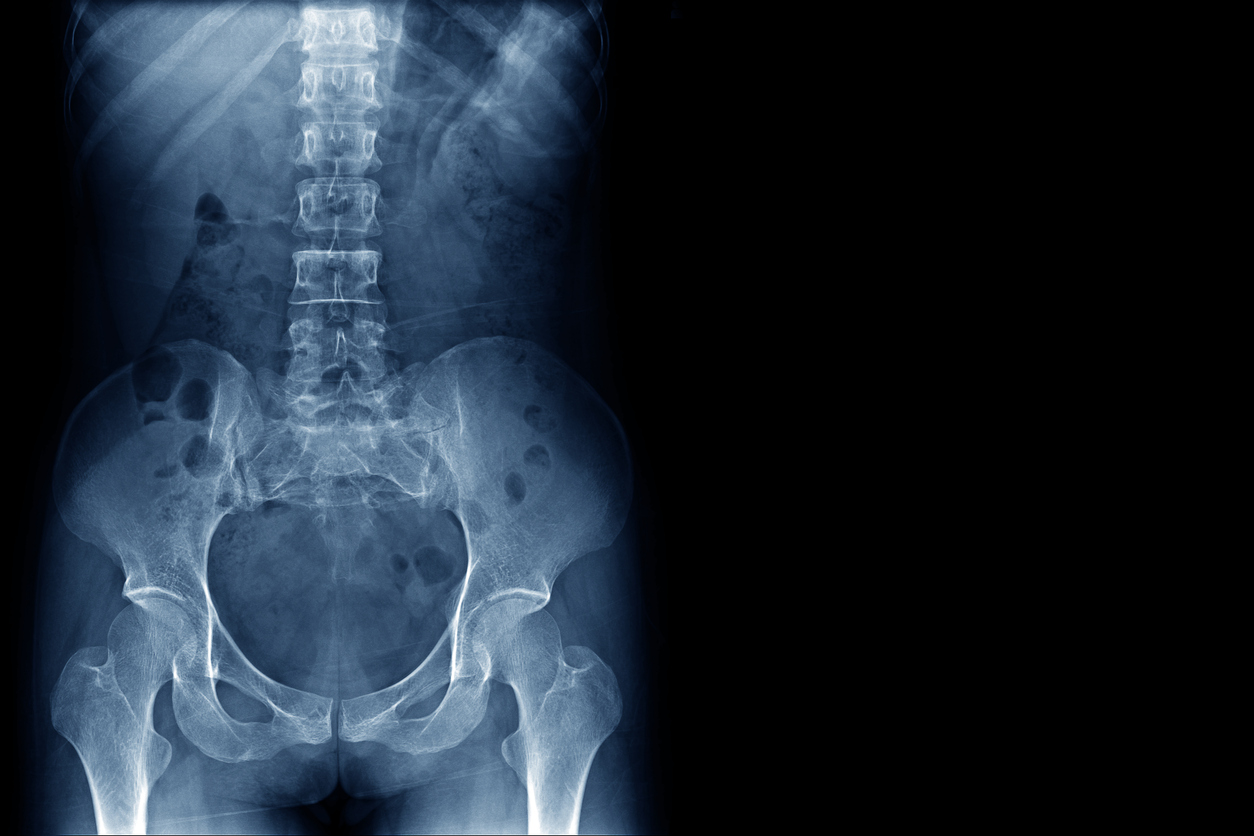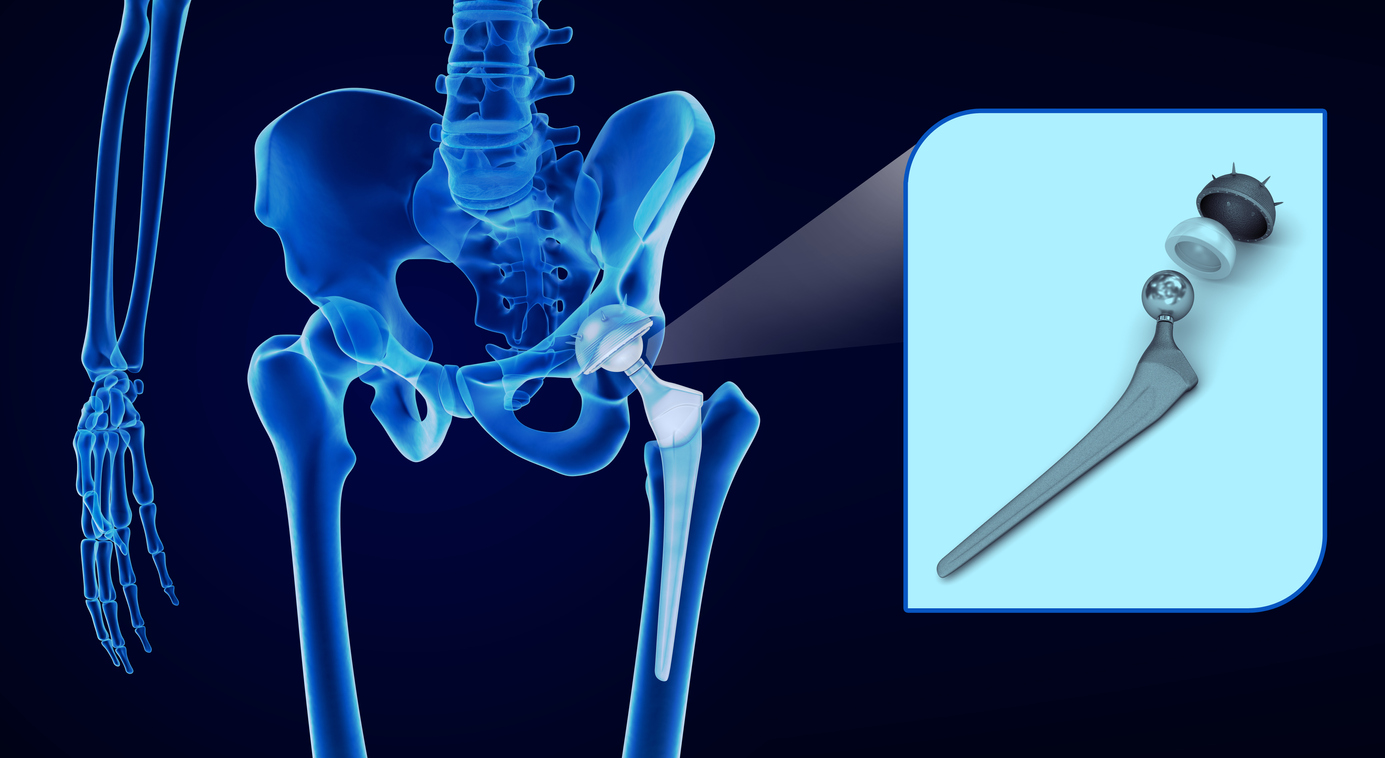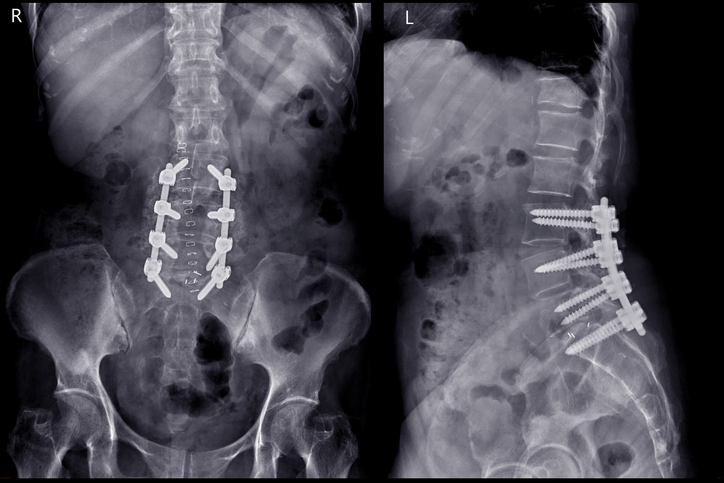Treatments
Potential Postsurgical Complications

Surgery is sometimes a viable treatment option for certain chronic pain conditions when other forms of treatment fail to reduce pain levels. The goal of a surgical procedure may be to reduce pain, improve mobility, or correct a deformity. However, as with any medical procedure, surgery poses risks of complications.
Discomfort vs. potential complications
Surgery involves some level of discomfort, typically postoperative. Discomforts may include nausea or vomiting from anesthesia, sore throat, constipation, and pain around the incision site. However, surgical complications are more serious than temporary discomfort. Potential surgical complications include, but are not limited to, blood clots, additional pain, reactions to anesthesia, a drop in blood pressure, urinary retention, infection, difficulty breathing, or pneumonia. A health care professional should be contacted immediately if any of these complications occur.
- Blood clots
Blood clot development is a major concern after surgery. A blood clot may be asymptomatic or cause symptoms such as redness, swelling, pain, shortness of breath, coughing, sweating, fainting, or chest pain. A blood clot that develops in a large vein deep inside a leg, arm, or abdomen is called deep vein thrombosis. If a blood clot dislodges and travels to the lungs, it can block blood flow (pulmonary embolism), a potentially fatal condition. If a blood clot is suspected, emergency medical attention is essential. - Chronic pain
Postoperative pain is common and typically peaks three days after surgery. It can usually be managed with medications. However, if pain lasts for three months or longer after surgery, it is considered chronic postsurgical pain. This can cause limited functionality, reduced quality of life, and psychological distress. - Reaction to anesthesia
Minor discomfort from anesthesia, such as vomiting, nausea, chills, sore throat, or itching, can develop after surgery. Although rare, severe allergic reactions to anesthetics can also happen. Additionally, certain preexisting health conditions, such as heart disease or lung disease, increase the risk of long-term memory loss after anesthesia. - Drop in blood pressure
A severe drop in blood pressure, or shock, can reduce blood flow to a dangerous level. Shock can occur due to blood loss, metabolic issues, brain injury, or infection. - Hemorrhage
Hemorrhaging involves blood loss from a damaged blood vessel. Rapid blood loss can cause shock. - Inability to urinate
Urinary retention is typically a short-term issue that can be relieved with a catheter inserted into the urethra. However, if urinary retention is not treated, an infection or bladder damage can occur. - Infection
Instructions concerning wound care of the incision site should be carefully followed to prevent infection. Symptoms of an infection include, but are not limited to, fever, redness, swelling, or drainage of fluid/pus at the incision site. A severe infection can be life-threatening. - Breathing issues
Anesthesia can interfere with normal breathing patterns and suppress the urge to cough. If breathing is shallow due to pain when breathing deeply, mucus can build up in the lungs, and all or part of a lung can collapse (atelectasis). Symptoms of a collapsed lung include increased heart rate, shortness of breath, rapid breathing, and blue lips or skin. A health care professional should be consulted immediately if this occurs. - Pneumonia
Postoperative pneumonia is considered ventilator-acquired or hospital-acquired. Inability to cough after surgery also increases the risk of developing pneumonia. The use of an incentive spirometer after surgery can help prevent both atelectasis and pneumonia. This device helps exercise the lungs through the practice of slow, deep breathing.
Additional source: VeryWell Health
















